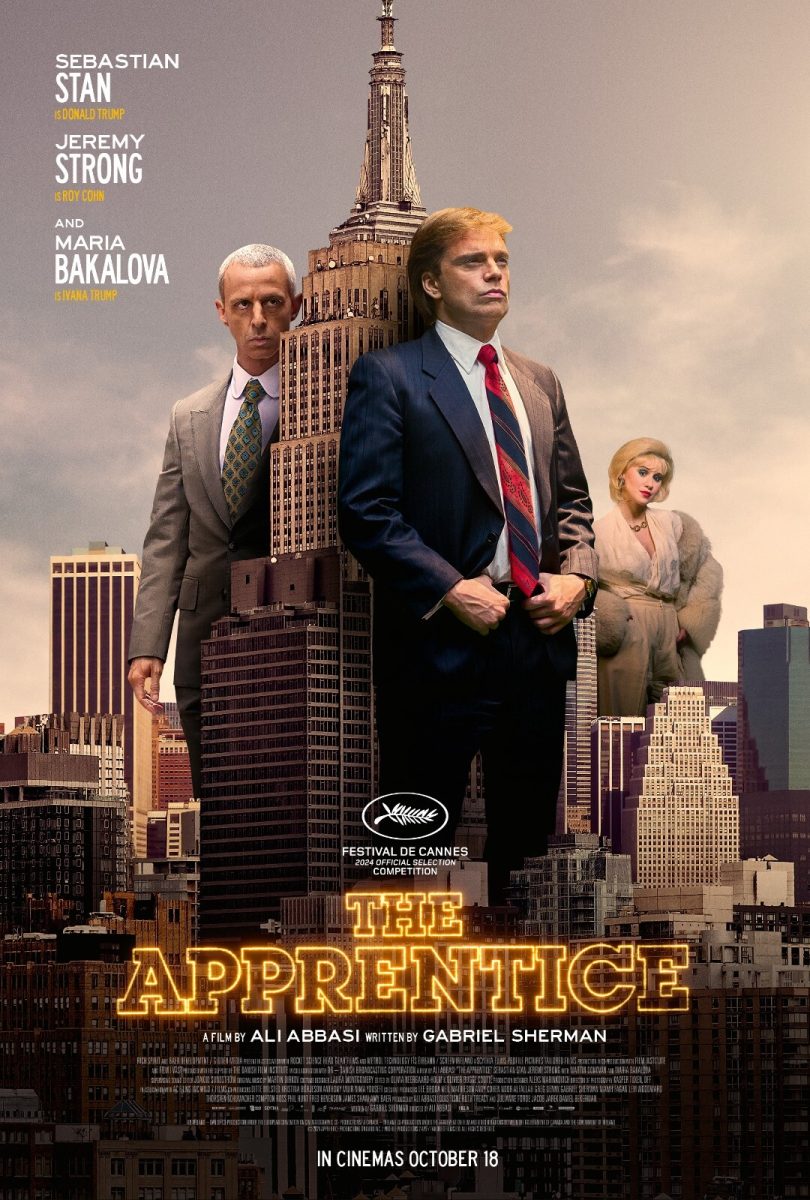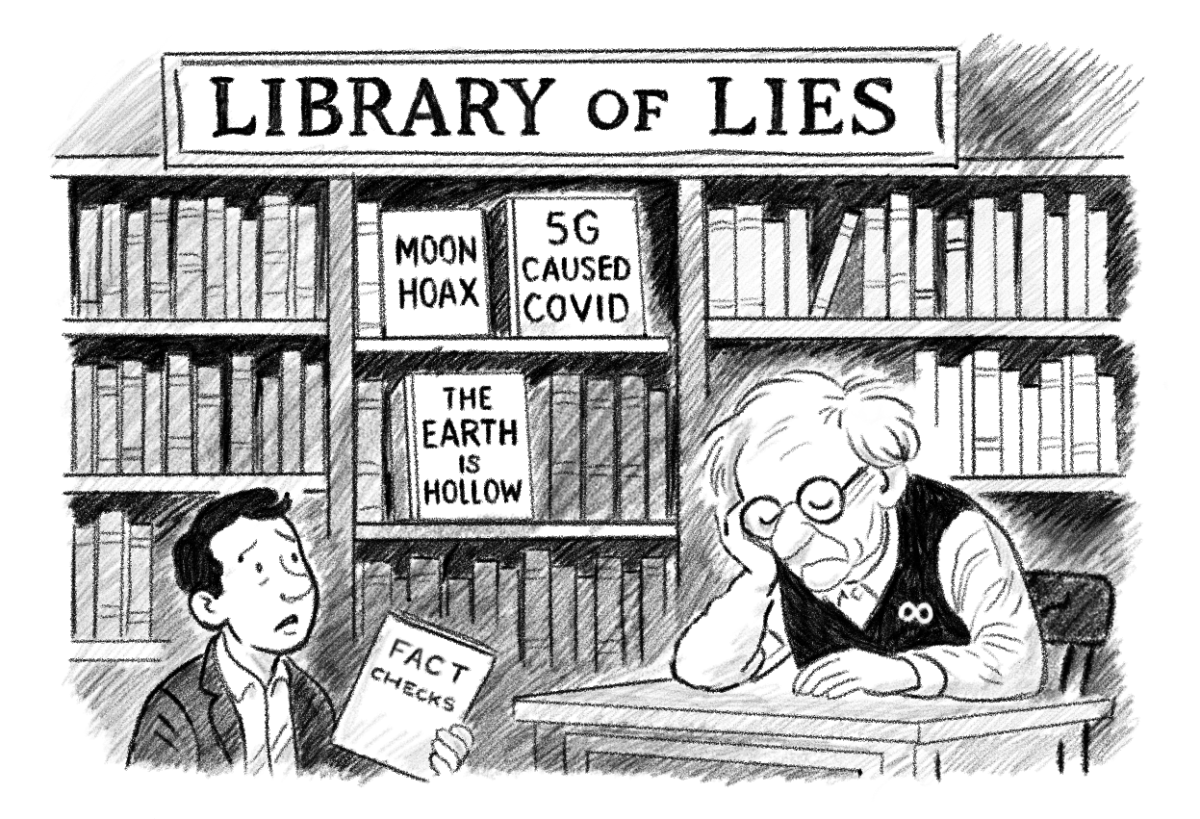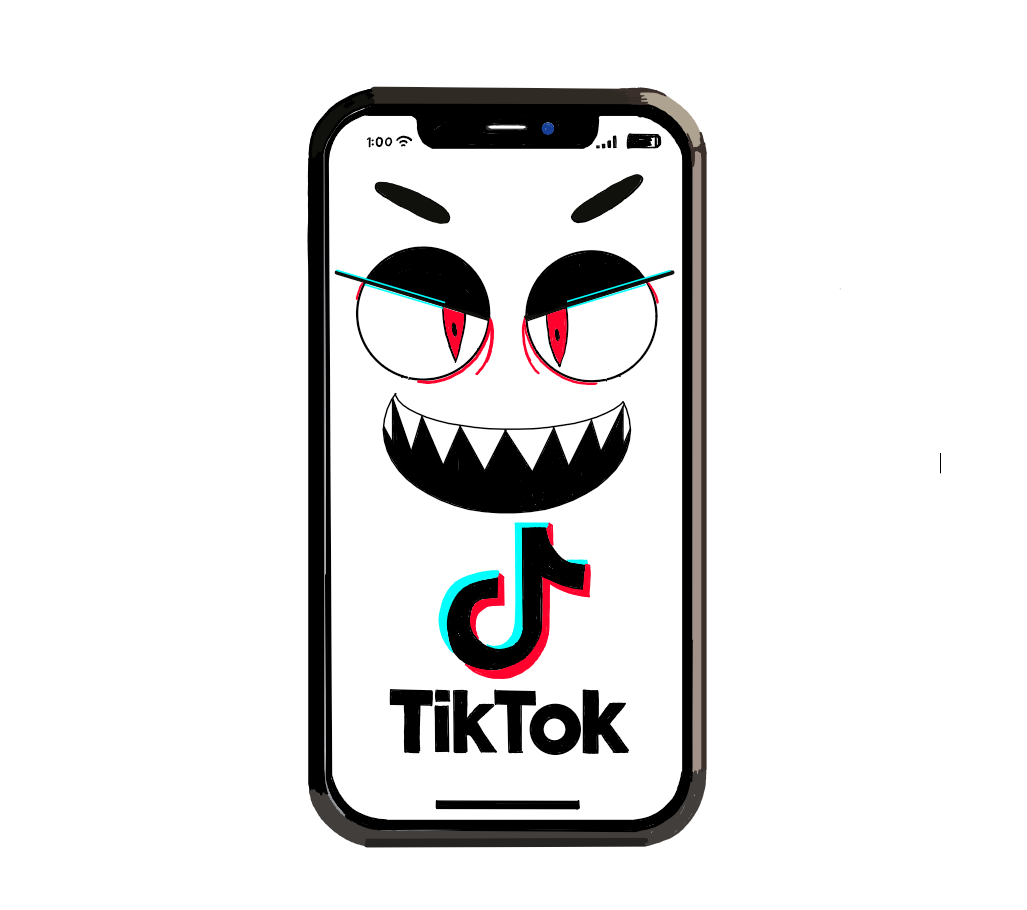“A FAKE and CLASSLESS Movie written about me, called, ‘The Apprentice’ (Do they even have the right to use that name without approval?), will hopefully ‘bomb.’”
To (then former) President Trump’s delight, and thanks to careful efforts to block the distribution of the new biopic about his rise to fame, the film did indeed “bomb” when it released in the U.S. last October. Despite receiving a standing ovation at the Cannes Film Festival and over 80% on RottenTomatoes, “The Apprentice” made only $3.2 million domestically and $1.4 million internationally for a worldwide box office tally of $4.6 million, which looks meager compared to its $16 million production budget.
I was lucky enough to view “The Apprentice” before it was largely pulled out of theaters due to its commercial mediocrity. And while the film’s content is enough to merit a lengthy article in and of itself, perhaps more interesting is the principle of releasing a movie like this less than a month before the presidential election, and what it says about the state of our democracy.
As I left the theater, an older woman I had never seen before quickened her pace to catch up with me.
“I’m so sad young people like you are watching this garbage,” she told me, visibly distressed.
“Don’t believe them. He is very generous, but of course they didn’t show that. Truly disgusting.”
In the less than 100 days since Trump’s second term began, the political landscape has only grown more turbulent, exposing deep divides and escalating tensions. Watching The Apprentice now isn’t just about revisiting the past — it’s about understanding how the spectacle of Trump’s rise continues to shape the narrative of his presidency. With every new controversy, it becomes clearer that the film’s portrayal of Trump as a character-driven leader is not just an artifact of the election season, but a window into the ongoing spectacle that defines his time in office. The film’s relevance isn’t tied to the past, but to the world we’re still living in under his administration.
Regardless of where you stand on the political spectrum, the film is emotionally charged and undeniably provocative. It highlights many of the bleaker allegations from Trump’s past, including his refusal to rent apartments to African-American tenants and alleged sexual assault of his wife Ivanna (which is the claim from the movie he most vehemently denies, and easily the most striking scene from the film).
It portrays good qualities in Trump: perseverance, drive, confidence. But it also portrays him as selfish, impressionable, and blatantly inhumane. There are scenes that would anger even the most moderate Trump defenders, including a surgery scene where he undergoes a liposuction and hair transplant. He is portrayed as vulnerable and weak.
I certainly see the argument for not releasing the film in an election season. The film’s release was very clearly a calculated attempt to bring to light his vices in order to sway, or reinforce, the vision the American people have of him. While it doesn’t ‘invent’ any allegations the American people didn’t already know about, it attempts to bring them to the forefront of the American mind. One might argue that such a strong focus on Trump’s personal life story is bad for American political culture, reflecting an emphasis on personality and character rather than what a voter should really be focusing on, which is policy.
At the same time, Trump’s personality and character are major parts of his appeal for many. He has been a widely-known figure since the ’80s, making his personal life akin to public information. He has always been a different type of politician, one who prides himself on personality as much as, if not more than, policy. So, a biopic like this befits the kind of figure—and the kind of politics—he represents.
While it may be a difficult reality to confront, none of the movie’s claims are complete or blatant lies; they are all founded in some sort of, at worst allegation, or at best proven fact (minus the plastic surgery, though I doubt that is a major voting issue for most Americans).
“Very little has been dramatized. It’s one of these stories where the truth is stranger than fiction,” said screenwriter Gabriel Sherman.
“I submitted an annotated draft of the script to our lawyers that was point-by-point articulating where the information came from, and how I dramatized the scenes. So it was rigorously supported by the research, and everyone on the filmmaking team was comfortable with that before we went into production.”
If you have two hours to spare, watch the film for its incredible performances by Succession star Jeremy Strong as Roy Cohn and Captain America’s Sebastian Stan as a young Donald Trump. But more importantly, relish in the film as a victory of our democratic safeguards—which Trump is actively endangering in his second term. Even if you believe it shouldn’t have seen the light of theaters in the first place, its release represents a commitment to free speech.
And as we settle into the chaos of Trump’s second term, the questions this film raised feel as important as ever. The battle over who controls the narrative — what gets shown, what gets buried, what becomes ‘fake news’ — is still raging. “The Apprentice” wasn’t the last attempt to challenge that power, and it won’t be the last. If anything, its release reminds us how fragile the space for dissent can be, and how essential it is to protect it, especially when the stakes feel impossibly high.
Ultimately, this alleged “pile of garbage” stands as a testament to the strength of our freedom and our democracy. Regardless of where you fall on the political spectrum, this remains true: a democracy is only as strong as its willingness to confront what it doesn’t want to hear.
It’s easy, in retrospect, to write The Apprentice off as a failed piece of election-season drama – but dismissing it entirely misses the point. The more important question isn’t whether the film changed the outcome, but whether it ever should have been positioned to try. What does it say about our democracy when a biopic this incendiary drops weeks before an election? And what does it mean that it was allowed to, despite fierce efforts to bury it?
Guilty conscience
On the other hand, Trump’s aggressive attempts to prevent the movie’s success bring to light questions about the validity of the claims it makes. If they are so obviously false, as he repeatedly has said they are, why continue to refuse to address them directly?
Even if this film is, as Trump sees it, a dirty calculated attempt to rob his victory, blocking its release perhaps reflects worse on the health of our democracy. We as a country cannot claim to be a beacon for free speech, and attempt to obstruct knowledge about a political candidate for the country’s highest office.
Overall, I am not advocating that what the movie and filmmakers did is right, morally justified, or healthy for our democracy. But I see allowing the film to be released as the lesser of the two evils considering the alternative is a precursor to more drastic political censorship.






